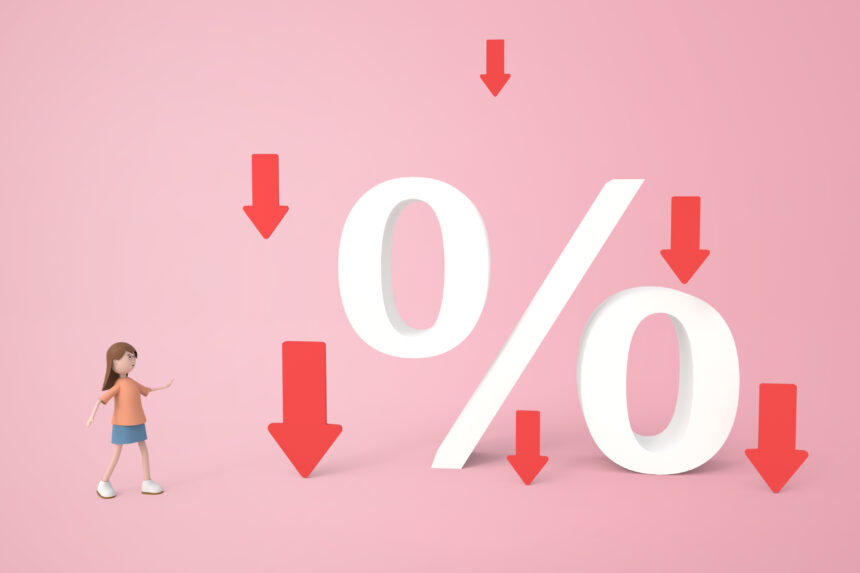Managing multiple credit card debts can be overwhelming, especially when high interest rates are piling up. One effective solution to simplify your finances and potentially save money is through credit card balance transfers. This financial strategy allows you to consolidate your debts from various credit cards onto a single card with a lower interest rate, giving you the opportunity to pay off your debts more efficiently. In this article, we will explore the concept of credit card balance transfers and how they can help you regain control over your finances.
What is a Credit Card Balance Transfer?
A credit card balance transfer refers to the process of moving existing debts from one or multiple credit cards to another credit card. The primary motive behind this transfer is to take advantage of lower interest rates or promotional offers provided by the new credit card issuer. By consolidating your debts onto a single card with a lower interest rate, you can reduce the overall cost of your debts and simplify your monthly payments.
How Does It Work?
The process of a credit card balance transfer is relatively straightforward. First, you need to find a credit card that offers a favorable interest rate or a promotional period with low or even 0% interest on balance transfers. It is important to read and understand the terms and conditions, including any fees associated with the transfer, before making a decision.
Once you have chosen the new credit card, you will need to provide the necessary details to initiate the balance transfer. This typically involves providing the account numbers and outstanding balances of your existing credit cards. The new credit card issuer will then pay off the balances on your behalf, effectively transferring your debts onto the new card.
Benefits of Credit Card Balance Transfers
Consolidating your credit card debts through balance transfers can offer several advantages:
- Lower Interest Rates: One of the main benefits of balance transfers is the opportunity to secure a lower interest rate. This can significantly reduce the amount of interest you pay over time, allowing you to save money and pay off your debts more quickly.
- Simplified Finances: Managing multiple credit card payments can be confusing and time-consuming. By consolidating your debts onto a single card, you simplify your financial life, making it easier to keep track of your payments and stay organized.
- Potential Savings: If you are able to secure a promotional period with 0% interest on balance transfers, you can save a substantial amount of money during that period. It gives you an opportunity to make significant progress in paying off your debts without incurring additional interest charges.
- Debt Repayment Strategy: A balance transfer can provide a structured plan to pay off your debts. With a single payment and a clear timeline, you can develop a budget and focus on becoming debt-free.
Important Considerations
While credit card balance transfers offer several advantages, it is essential to consider the following factors:
- Balance Transfer Fees: Some credit card issuers charge a fee for balance transfers, typically a percentage of the amount transferred. Be sure to factor in these fees when evaluating the potential savings.
- Promotional Periods: If you opt for a card with a promotional period of 0% interest, it is crucial to understand the duration of the promotional offer. After the promotional period ends, the interest rate may increase significantly, so be prepared to handle any remaining balance accordingly.
- Creditworthiness: To qualify for a credit card with favorable balance transfer terms, you generally need a good credit score. It is important to assess your creditworthiness before applying for a new card, as a rejection can negatively impact your credit score.
- Responsible Credit Card Usage: Balance transfers are not a solution to eliminate debt entirely; they are a tool to help you manage it more effectively. To fully benefit from a balance transfer, it is important to avoid accumulating additional debts on both the new and old credit cards. Responsible credit card usage and disciplined financial habits are crucial for long-term financial health.
Conclusion
Credit card balance transfers can be a valuable tool for individuals seeking to consolidate their debts and save money on interest payments. By moving your debts to a credit card with a lower interest rate or promotional offer, you can simplify your finances and potentially pay off your debts more efficiently. However, it is important to carefully evaluate the terms and conditions of the balance transfer, consider any associated fees, and maintain responsible credit card usage. With proper planning and disciplined financial habits, credit card balance transfers can help you regain control over your debts and work towards a more secure financial future.










